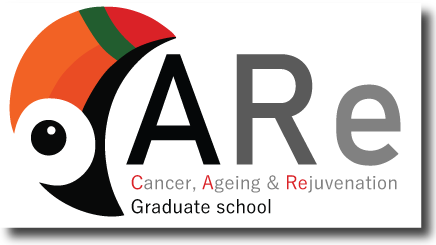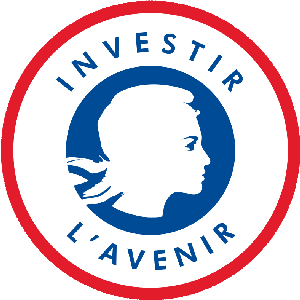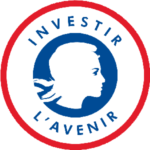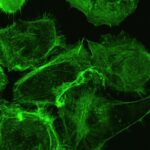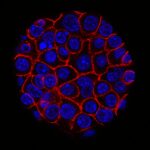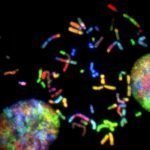PhD proposal
PhD supervisor : Coralie Sengenès – RESTORE – UMR1301 INSERM 1301- UMR CNRS 5070 – Univ. P. Sabatier – EFS – ENVT, Toulouse
PhD co-supervisor : Mathieu Serrurier – IRIT – UMR 5505 – Université Paul-Sabatier, Toulouse
Every organ is a combination of a functional compartment, the parenchyma, and a stromal compartment, the stroma, supporting the parenchymal cells of the organ. Characterizing its involvement and defining whether and how stroma evolution can be a marker of frailty and/or can be therapeutically targeted is worthy particularly in the context of aging.
Adipose Tissue (AT) is a dynamic organ, made up of a heterogeneous stroma that is poorly understood. The stroma of AT is the richest bodily reservoir of a peculiar cell type the Adipose Stromal Cells (ASCs) that exhibit high regenerative potential. AT dysfunction is thought to be a predictor of frailty and declining health span. Here, we want to investigate the age-dependent heterogeneity of the AT stroma as a predictive marker of frailty. To address this issue methods using antibody labelling are very useful but also time consuming.
Moreover, spectral overlap inherently limits the number of simultaneous labels. Based on our preliminary data, we hypothesized that microscopic images of AT where only nuclei are stained allow the characterization of stroma’s heterogeneity using deep neural networks.
On the deep learning side, this raises many interesting problems such as the handling of pseudo-3D data, the scarcity of the data, and the prediction’s explainability that can take advantage of the strong geometric properties of the nuclei.
The PhD program aims to develop an artificial intelligence (AI)-based method of nuclei stained fluorescent images of AT to investigate the stroma heterogeneity of AT during aging.
Key words: adipose tissue, fragility, AI
